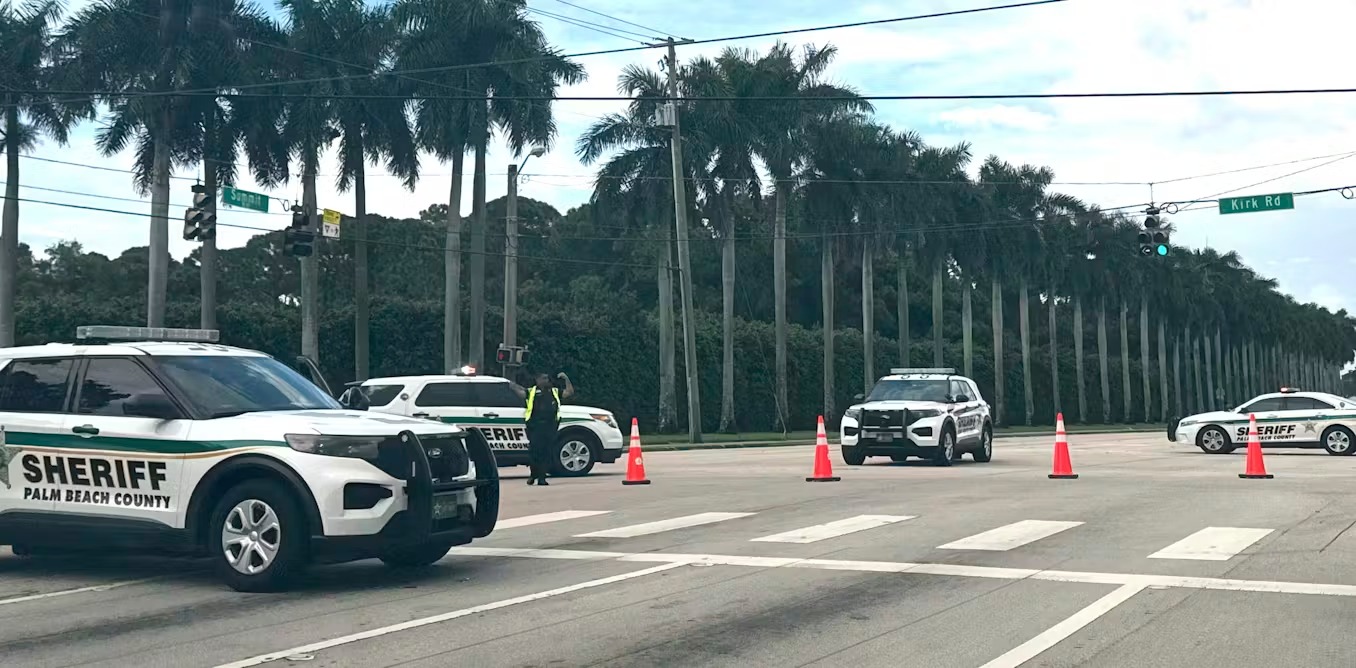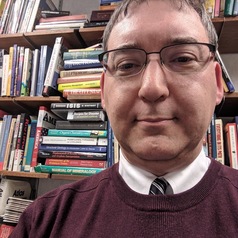On the afternoon of Sept. 15, Donald Trump was playing golf at the Trump International Golf Club in West Palm Beach, Fla., when he was the target of an alleged second assassination attempt. Secret Service agents opened fire when an agent noticed a rifle aimed at the former president; the suspect fled and was later apprehended.
The FBI deemed the incident a second assassination attempt on Trump, who was within 300 to 500 yards of the shooter. The Republican presidential candidate was not injured in this latest assassination attempt. The July 13 assassination attempt in Butler, Pa., is still under investigation.
Back-to-back assassination attempts on American presidents are not unprecedented. Gerald Ford survived two attempts without injury within 17 days of each other in September 1975. Trump has now survived two assassination attempts within 64 days of each other.
With this second act of political violence directed towards Trump, a deeper look at assassination attempts is needed to begin to interpret this troubling turn of events.
Emerging details
The details of the second assassination attempt on Trump draws our attention to the characteristics of the alleged suspect.
Using witness information, the accused suspect, Ryan Wesley Routh, was located and detained. Routh is a 58-year-old with ties to North Carolina and Hawaii and a decades-long criminal history. He has been charged with possession of a firearm by a convicted felon and possession of a firearm with an obliterated serial number.
In 1997, the U.S. Secret Service published Preventing Assassination: A Monograph, that analyzed previous assassination attempts. It provided key questions for security personnel to consider when attempting to understand attacks on public officials.
One question posed in the monograph is: “Were there key life events and patterns in the histories of persons who have directed violence towards public officials?”
Findings from Preventing Assassination indicated that critical life events of assassins included experiences with an accident or illness, a loss of relationship, a failure in an endeavour or a loss of status.
In this latest attempt, the alleged assassin appears to have a documented history of his failed effort to fight in Ukraine. Routh had also reportedly been involved in several lawsuits since the 1990s that had led to him being ordered to pay tens of thousands of dollars to plaintiffs.
In February 2023, Routh self-published a book titled Ukraine’s Unwinnable War: The Fatal Flaw of Democracy, World Abandonment and the Global Citizen-Taiwan, Afghanistan, North Korea and the End of Humanity. And in March 2023, he was interviewed by The New York Times for an article with the headline “Stolen Valor: The U.S. Volunteers in Ukraine Who Lie, Waste and Bicker.”
CNN takes a look at Ryan Wesley Routh, who allegedly attempted to assassinate Trump.
Politics as warfare
The bigger picture of an apparent second assassination attempt on Trump is how people who are attracted to extremes of political thought feel enabled by the current American political environment.
The evident normalization of political violence can be related to the strong polarization of U.S. voters. A 2022 study by political science professor Alan Abramowitz on the rise of U.S. partisan-ideological consistency and its consequences suggested that a growing number of Americans have come to see politics as a form of warfare. In such circumstances, elections are viewed as contests between the forces of good and evil.
That sentiment was echoed on the third anniversary of the Jan. 6 insurrection, when U.S. President Joe Biden delivered remarks about defending the sacred cause of American democracy. He said: “You can’t have a contest if you see politics as an all-out war instead of a peaceful way to resolve our differences. All-out war is what Trump wants.”
The Causes and Impact of Political Assassinations, published in 2015 by the United States Military Academy Combating Terrorism Center, provides some needed perspective on the relationship between political polarization and assassinations.
The study suggests that elections are more effective and peaceful after ensuring the most intense political grievances have been addressed. Unresolved intense political grievances have the potential to instigate further violence, including assassination attempts on politicians.
Bracing for an October surprise
In American politics, the expression “October surprise” describes “a game-changing event that can irreparably damage one candidate’s chances and boost the other’s, upending a presidential election.
Given the trajectory of this 2024 presidential election season, an October surprise related to political violence could unduly influence electoral outcomes.
Trump politicized the first assassination attempt during the Republican National Convention and his campaign began fundraising on the apparent second assassination attempt within hours. Some of Trump’s allies, including his running mate, JD Vance, have suggested that the July assassination attempt was the inevitable result of hateful Democratic messaging.
Given that there have been two apparent assassination attempts on the Republican presidential candidate, political violence has become a defining characteristic of the 2024 election. It is no longer hyperbolic thinking to consider that an October surprise may involve another assassination attempt.



 HHS Adds New Members to Vaccine Advisory Panel Amid Legal and Market Uncertainty
HHS Adds New Members to Vaccine Advisory Panel Amid Legal and Market Uncertainty  Pentagon to Halt Ivy League Programs for U.S. Military Officers Starting 2026
Pentagon to Halt Ivy League Programs for U.S. Military Officers Starting 2026  Trump Says U.S. Attacks on Iran Will Continue, Warns of More American Casualties
Trump Says U.S. Attacks on Iran Will Continue, Warns of More American Casualties  UBS Boosts Chinese Tech and AI Stocks for 2026 as Sector Eyes Strong Growth
UBS Boosts Chinese Tech and AI Stocks for 2026 as Sector Eyes Strong Growth  Trump to Address Nation as U.S. Launches Strikes in Iran, Axios Reports
Trump to Address Nation as U.S. Launches Strikes in Iran, Axios Reports  U.S.-Israel Strike on Iran Escalates Middle East Conflict, Trump Claims Khamenei Killed
U.S.-Israel Strike on Iran Escalates Middle East Conflict, Trump Claims Khamenei Killed  Germany and China Reaffirm Open Trade and Strategic Partnership in Landmark Beijing Visit
Germany and China Reaffirm Open Trade and Strategic Partnership in Landmark Beijing Visit  Israel Launches Fresh Strikes on Iran After Death of Supreme Leader Ayatollah Khamenei
Israel Launches Fresh Strikes on Iran After Death of Supreme Leader Ayatollah Khamenei 
































